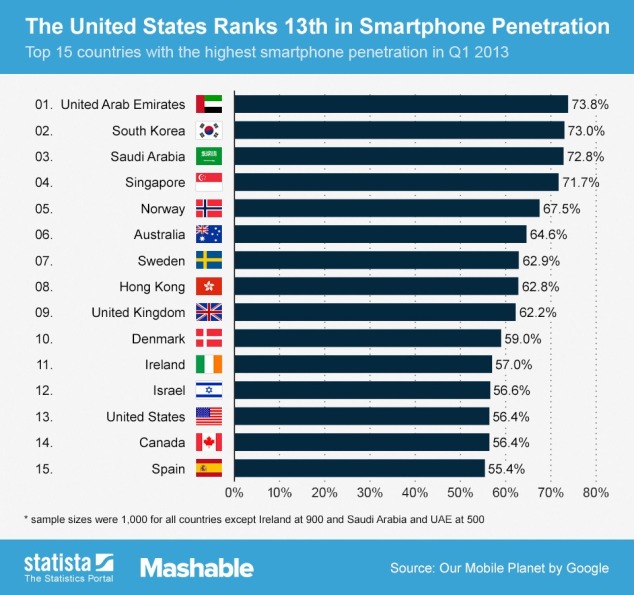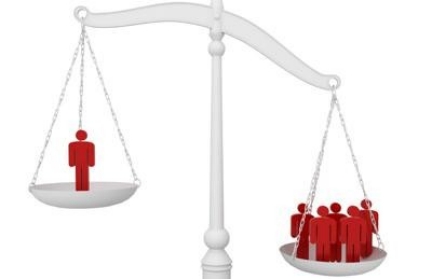It depends on the type of books.
Is it a book by “Prof. John Smith” (or any other scholar’s name) with 30 years experience in teaching business to undergraduates, or a book by Donald Trump, the successful American real estate tycoon or Steve Jobs the iconic marketing figure who transformed Apple into a technology giant or even Sun Tzu, the Chinese strategist and philosopher who wrote “The Art of War”, the important, ancient made contemporary, guide to business men all over the world nowadays?
Because, it does make a difference.
Now, no one should intend or even attempt the belittling of scholarly and academic work on the scientific aspect of sales (whether mathematics, psychology or other disciplines), since their contribution to the field are of invaluable importance.
Business from the outset and in the end is concerned with selling things, ideas, values or needs to others. And scholarly work has contributed great insights to the business field that couldn’t have been conjured with the simple practise of it, in the absence of the devoted intervention of observation, in-depth research, analysis and publication.
But in my personal experience, books of the likes of Steve Jobs and Donald Trump carry more applicable value to the sales discipline than “philosophical sales literature”, since the lessons they teach are derived from real business life experience with all their truisms & contradictions, success and failures, moralities & immoralities.
And by “applicable value to the sales discipline”, I am not necessarily referring to the blind copying of previous strategies that have proven profitable or successful or to the obedient fellowship of remarkable businessmen whose results spoke authoritatively for them.
Some of us may try to go about business, selling and entrepreneurship differently, trying to invent new idea’s or innovate old ones, for having critical thoughts about present-time business conduct. But, having any moral or practical objections to how business is conducted in our world can only thrive in a useful way, if preceded by applicable knowledge of (& awareness about) what has been done already or what is being done, in order to do it it differently, more responsibly, more humane or less selfish.
I can also speak of own experience and say that about 75% of my sales skills (that are still in continuous development) were gained through practise and training and not exactly from books!
And no, I wasn’t “born a salesman at all”. Actually I always was more of an academic person and a book worm, whose relationship with business and sales was only limited to the demands of my choice of education and my drive to pass exams. This was so, until I started practical selling of my language services and later those of others around the world through my language services agency, from 2008 up and until 2013.
It didn’t stop me from reading. On the contrary, it ignited an even greater thirst for knowledge in me, seeking it in a different way that is defined by my own demands and those of my company, customers and freelance co-workers. It gave me more freedom to interpret and apply theoretical knowledge with more real-life “wisdom”, sound scrutiny and due creativity.
Doing things was more crucial to my grasp of sales than “knowing how it is done” was.


















 Why? Well, without pretence of management genius, because I simply read one of the greatest books of all times which demonstrates the astonishingly close relationship between “business” and “warfare”: The Art of War by Sun Tzu, the famed Chinese military general/philosopher.
Why? Well, without pretence of management genius, because I simply read one of the greatest books of all times which demonstrates the astonishingly close relationship between “business” and “warfare”: The Art of War by Sun Tzu, the famed Chinese military general/philosopher. “If you know the enemy and know yourself, you need not fear the result of a hundred battles. If you know yourself but not the enemy, for every victory gained you will also suffer a defeat. If you know neither the enemy nor yourself, you will succumb in every battle.” Isn’t this the same as SWOT Internal vs External Analysis?
“If you know the enemy and know yourself, you need not fear the result of a hundred battles. If you know yourself but not the enemy, for every victory gained you will also suffer a defeat. If you know neither the enemy nor yourself, you will succumb in every battle.” Isn’t this the same as SWOT Internal vs External Analysis?